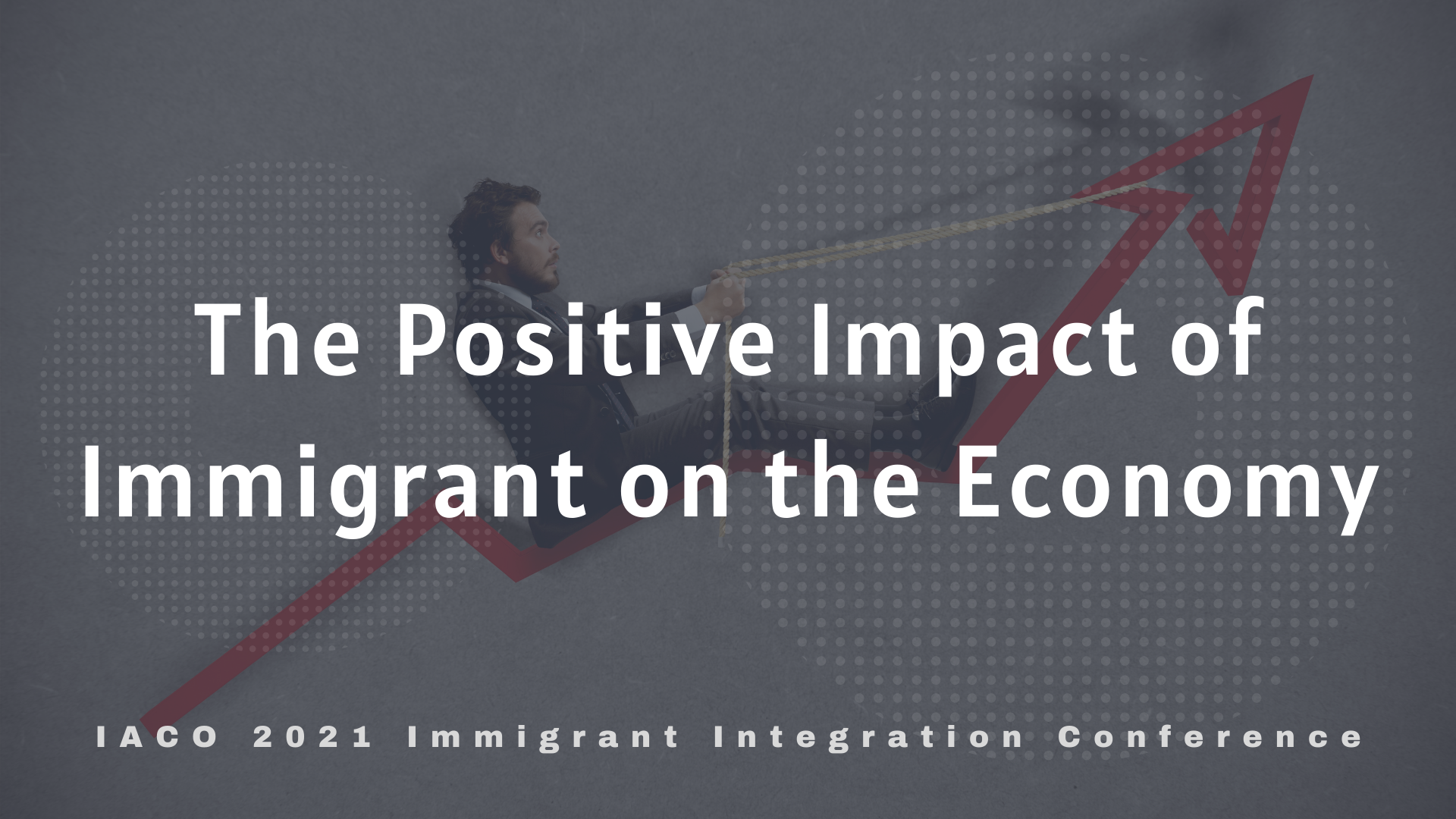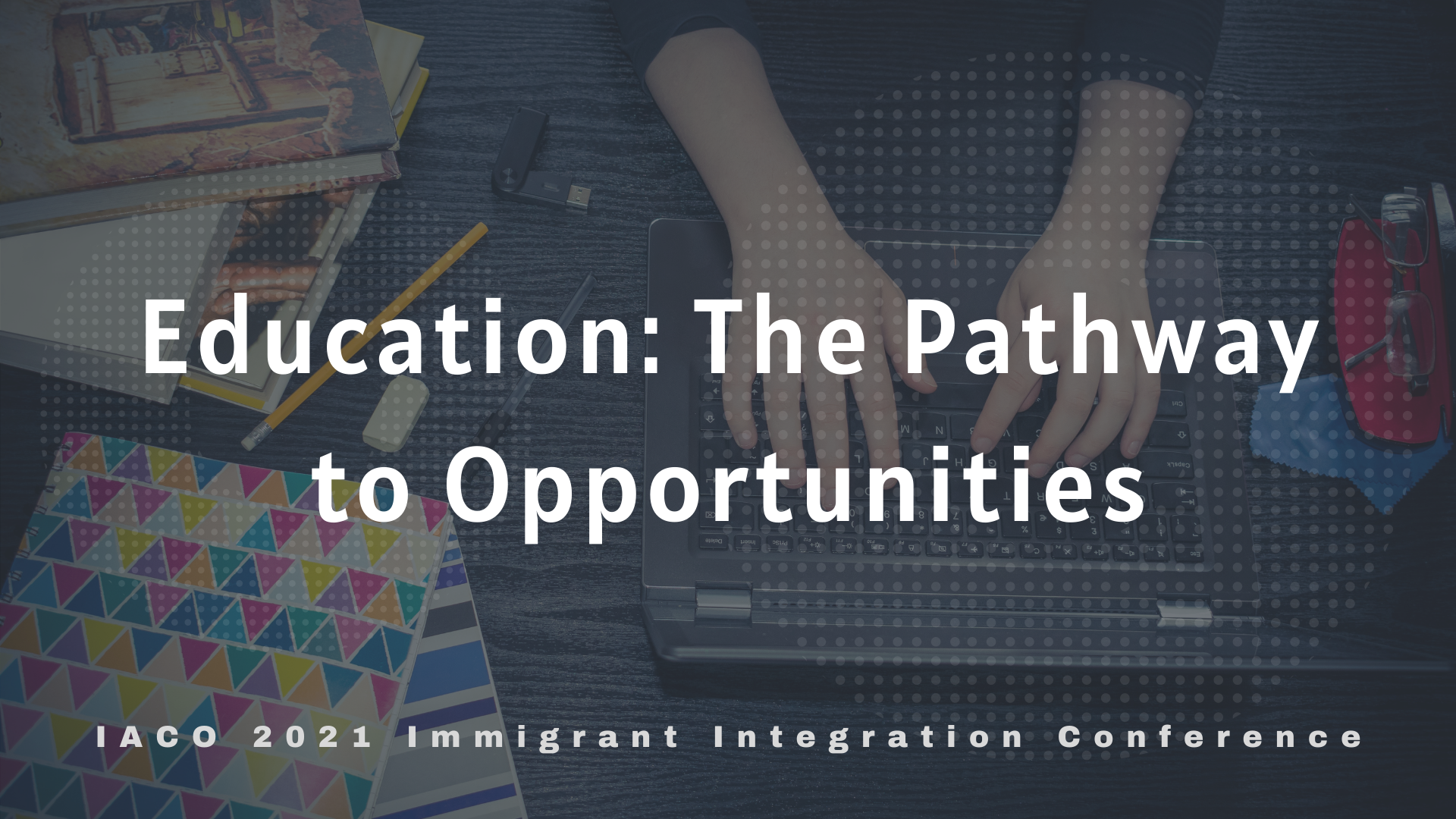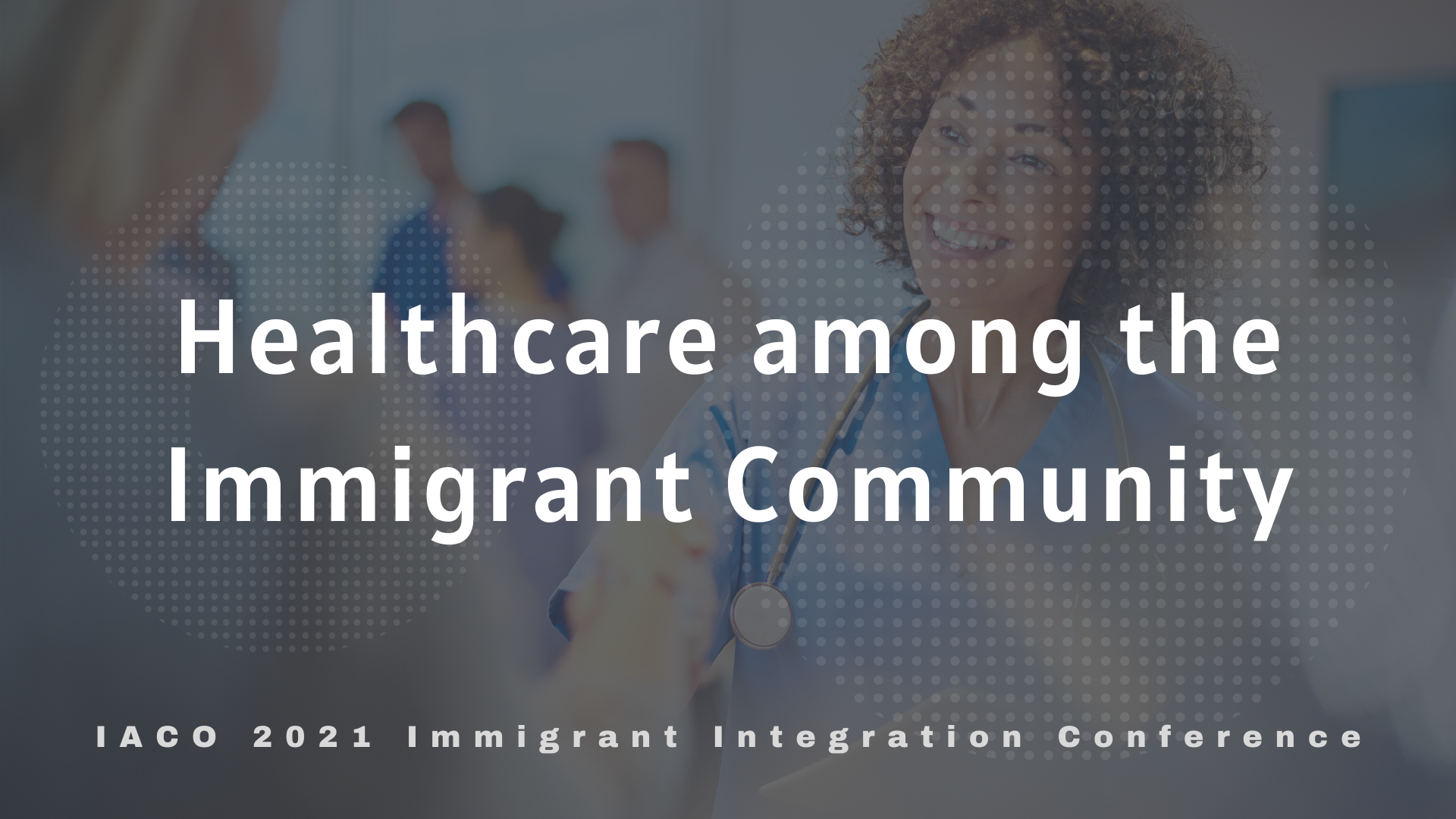1:00 PM - 2:20 PM
The United States has been and continues to be a county of immigrants. Their economic contribution has been significant and consistent throughout the centuries. Immigrants work at high rates and make up more than a third of the workforce in some industries. Their geographic mobility helps local economies respond to worker shortages, smoothing crises that could otherwise weaken the economy. All workers, regardless of their country of origin, should work free from the fear that they will be underpaid or placed in a dangerous environment.




